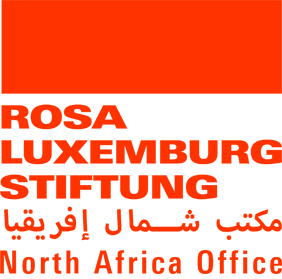Towards a Just Recovery from the COVID-19 Crisis
The end of 2019 and the beginning of 2020 saw the emergence of a new type of virus called coronavirus (SARSCoV-2). Its high transmission rate and rapid spread around the world led the World Health Organization to classify the COVID-19 disease it causes as a global pandemic
The Centenary of the Riffian Kabyles’ Uprising against Spanish Colonial Rule
Armin Osmanovic in conversation with Reiner Tosstorff about the Centenary of the Riffian Kabyles’ Uprising against Spanish Colonial Rule
Wagner in Libya – combat and influence
The private military company Wagner Group is the most decisive player in the military strategy of the Libyan national army, headed by Marshal Khalifa Haftar
The Atlas of Enslavement
The Atlas of Enslavement is a publication of the Rosa Luxemburg Foundation. It aims to bring the issue of modern slavery higher up the international political agenda. Because: We need a global framework for joint action to achieve the abolition of slavery worldwide.
The future of development in the mining basin, after or without phosphate
Study about “The future of development in the mining basin after or without phosphate” in Tunisia
The Algerian strategy in the Sahel: Shift or adaptation
This study examines Algeria’s possible changing role in the Sahel conflict in the wake of the announcement of the termination of the French military operation Barkhane in 2022
Tunisia’s old political system is dying – but economic reform is not in sight
Three months after Kais Saied sacked the government and suspended parliament, an awkward truth has descended upon Tunisians
The Arab uprisings: A decade of struggles
A dossier about ten years of the Arab uprisings
Is Kaïs Saïed Destroying the Very Idea of Democracy?
An Interview with Tunisian Law Professor Wahid Ferchichi
“Tunisia’s President Will Not Be Able to Respond to Popular Demands”
An Interview with Tunisian Researcher Mohamed-Dhia Hammami
“What Unites Us Is Much More than What Divides Us”
An Interview with Tunisian Activist Nawres Douzi
Algeria: Has the Hirak failed politically?
Interview with Prof. Dr. Rachid Ouaissa (University of Marburg, MECAM Center Tunis)
